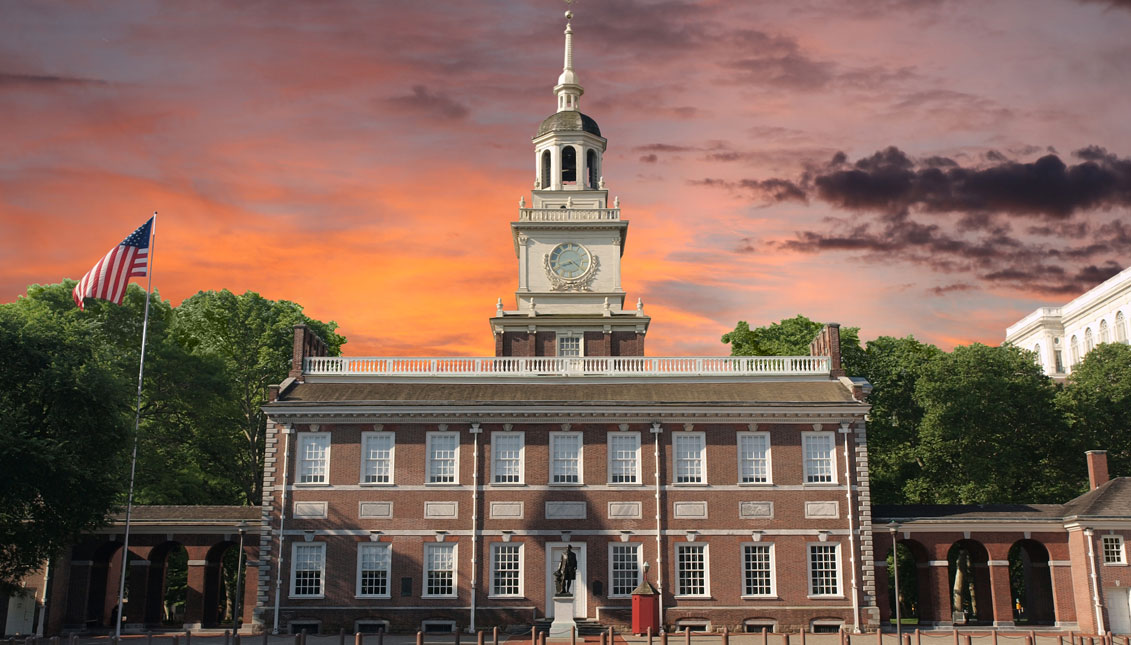
The new Philadelphia we picture
The "AL DÍA Global Speaker Series" forced us to think why an event like that could add something unique to our city— already so busy with "so many events,” as…
Philadelphia as a Global Center was probably in the mind of the founder of our city, Mr. William Penn.
He branded our city a “Holy Experiment,” in 1682, when he first fancied about it, standing alone on the swamps of the Delaware River, wondering which valid name he would give to a city existing only in his imagination, settling finally for a name of an ancient and now disappeared city in the Middle East.
I bet he was probably intrigued that maybe the Ancient Greek roots of that name (φίλος, Phílos: Beloved; ἀδελφός, Adelphos, Brother) would inspire its inhabitants to look up to the highest and pursue the ultimate human aspiration of loving one another.
“The City of Brotherly Love,” the commercial slogan made up by less sophisticated minds in a PR firm, has trivialized our founder’s elevated vision. Discordant images of Rocky, Football, Baseball, Liberty Bell, and an obese Ben Franklin drinking beer and eating cheese steaks, has replaced the genuine Quaker imagery of Mr. Penn's original yearning.
That essential and original aspiration was probably later on in the minds of our Founding Fathers, from Benjamin Franklin, the smart and rather lean Bostonian who settled here in 1726, to Thomas Jefferson, who first arrived to Philadelphia from Virginian Monticello in 1775, to Thomas Paine, when came from London to Philadelphia the year before, in 1774.
These three, along with the other exceptional minds gathered in Independence Hall in the Summer of 1776, possessed that above-the-ordinary inspiration that gave birth to our Republic.
The fundamental documents they crafted here, in Old City, today the political scripture of our nation, inspired thousands to march, to challenge the greatest Army on Earth at that time, and, in the process, radically modify the destiny of 13 scattered colonies into independent but United States— all under one same flag, one same Constitution, one currency and one army, to erect a brand new and independent nation that has changed the course of Western Civilization.
That is the DNA of this city, where, upon Penn's Quaker Dream of religious and political tolerance, a code of conduct for the free world was created, free of the European monarchies and other absolute powers from the Old Continent, confronted head-on by Jefferson's and Paine's words and Washington swords and muskets..
That is the DNA of this city, where, upon Penn's Quaker Dream of religious and political tolerance, a code of conduct for the free world was created, free of the European monarchies and other absolute powers from the Old Continent, confronted head-on by Jefferson's and Paine's words, and George Washington's swords and muskets, in the prolonged years of the revolutionary war started here by the radical 1776 Declaration of Independence.
All revolutions of the Western world, including the French Revolution, in 1789, and the many others that decades later, at the beginning of the Nineteenth Century, created dozens of new and independent nations across the Americas —from here to The Patagonia, in South America— were most likely inspired by the early Declaration of Independence of 1776, conceived and signed here in our backyard, in Independence Hall, on Walnut and Fifth Street.
Venezuelan Francisco Miranda, for example, who befriended several of our Founding Fathers in Philadelphia, or Simon Bolivar's Gran Colombian Ambassador Manuel Torres, the first diplomat from Latin America in the U.S., who is buried here, or Cuban exile Father Felix Varela, who printed the first editions of his El Habanero here, are just 3 of the illustrious Americans of Latino descent who preceded us in the 18th and 19th century.
The all converged here —as if Philadelphia were a Mecca of Freedom— most probably because one common reason: To drink from the fundamental and original fountain of free thinking and confident action reverberating from Europe to America, and and back to Europe, inspired by America...
The all converged here —as if Philadelphia were a Mecca of Freedom— most probably because one common reason:
RELATED CONTENT
To drink from the fundamental and original fountain of free thinking and confident action reverberating from Europe to America, and back to Europe, inspired by America— as "Liberty" seemed to be “The Destiny" of the new and brave continent, according to a memorable title of a book written by Colombian writer Germán Arciniegas on the subject.
They were attracted to the America that today keeps dreaming the same dream— inspiring millions of immigrants to seek the simple right to be left alone, to be free as individuals before the powerful institutions of governments, parties and churches, not found in the old and intolerant Europe of the 17th and 18th century, not found yet today, in the 21st century, in dozens of different places from across the world from which many more newcomers dare to traverse the oceans, climb up the mountains, or the Walls, or walk across the desserts, to finally arrive and settle here, in no different fashion the Dutch settlers, the British traders, the Swedish adventurers, plus the Germans, the Italians, the Irish, Jewish and Gentiles, did before.
Today, Philadelphia can be the epicenter of new things, on the sound foundation of a new demographic growth not seen in 70 years, and a new global make up of the newest residents of our city, coming from every distant corners in the planet.
Today, Philadelphia can be the epicenter of new things, on the sound foundation of a new demographic growth not seen in 70 years, and a new global make up of the newest residents of our city, coming from every distant corners in the planet.
Added to that, the demands of a global economy —pressing more and more on the future of the cradle of the U.S. democracy— is making our destiny as “global city”, not anymore just a fancy word to use, or a sumptuous statement to boast about, but a renewed economic and political imperative of the times.
Philadelphia is forced now to stay competitive as a center of national, international and global business, of aggressive technology innovation needed to attract companies, investors and talented people, and major cultural activities to attract visitors and eventually new residents, competing against nearby Baltimore, or Boston, or DC or NYC.
Or even larger and remote global cities now made part of our vicinity thanks to non-stops flights that are shuttling people back and forth every week: Los Angeles, Madrid, London, Barcelona, Amsterdam, Paris, Qatar, Rome, Athens, or Mexico City.
The Global Speaker Series that AL DÍA launched last week aspires to bring to Philadelphia leaders of national or global stature that will enlighten our local leaders, inspire our professionals and ignite global thinking from Philadelphia, perhaps in the tolerant environment Mr Penn proposed where aggressive innovation and radical transformation is not seen as a challenge to the status quo but, on the contrary, as a new healthy leap of faith on the future and on our native capacity to dream the impossible.
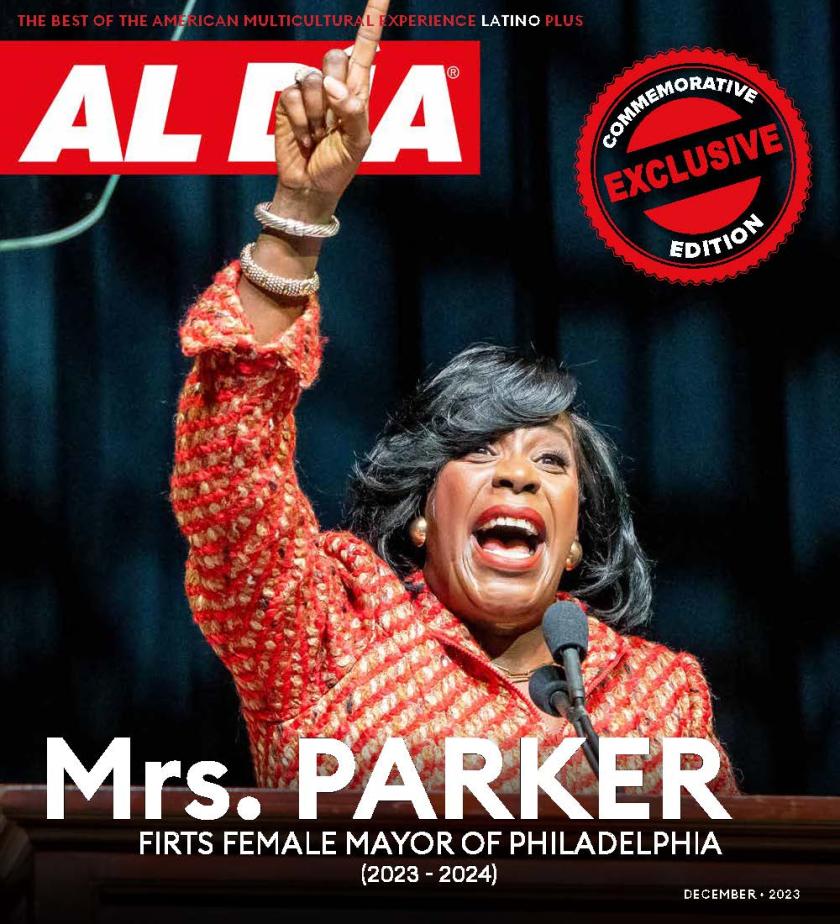

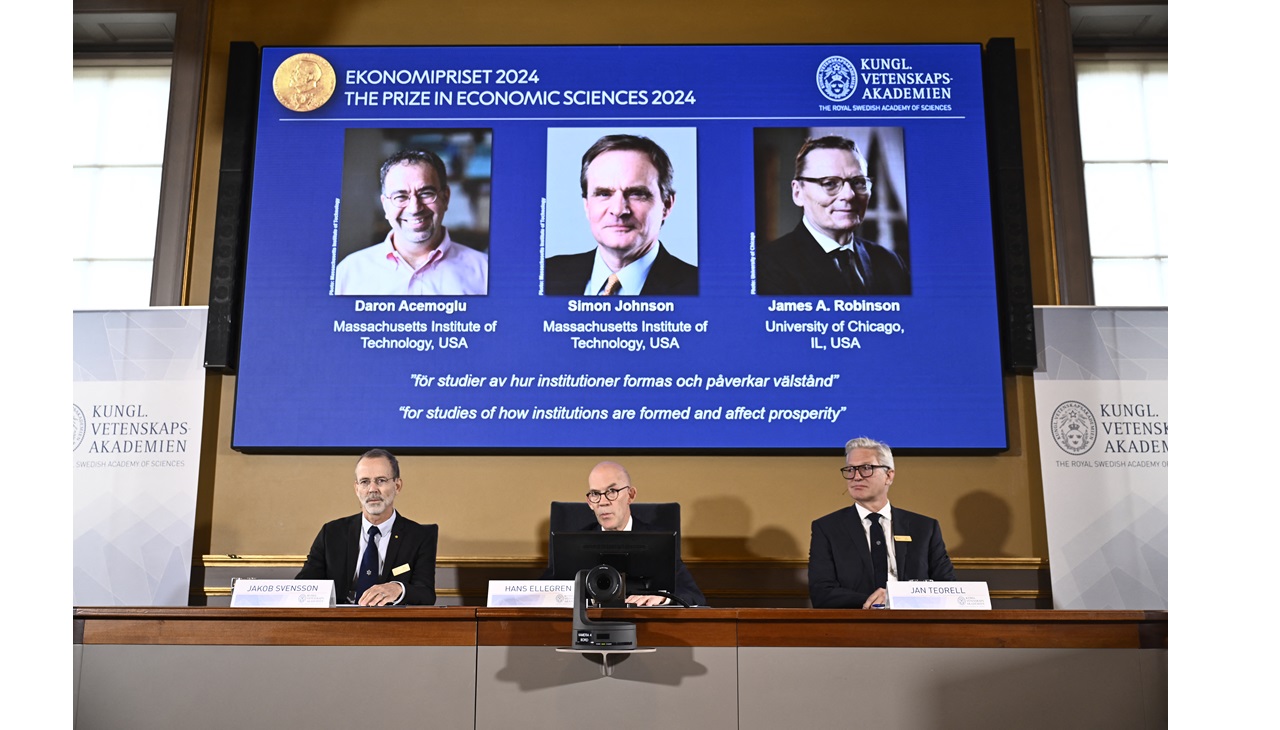
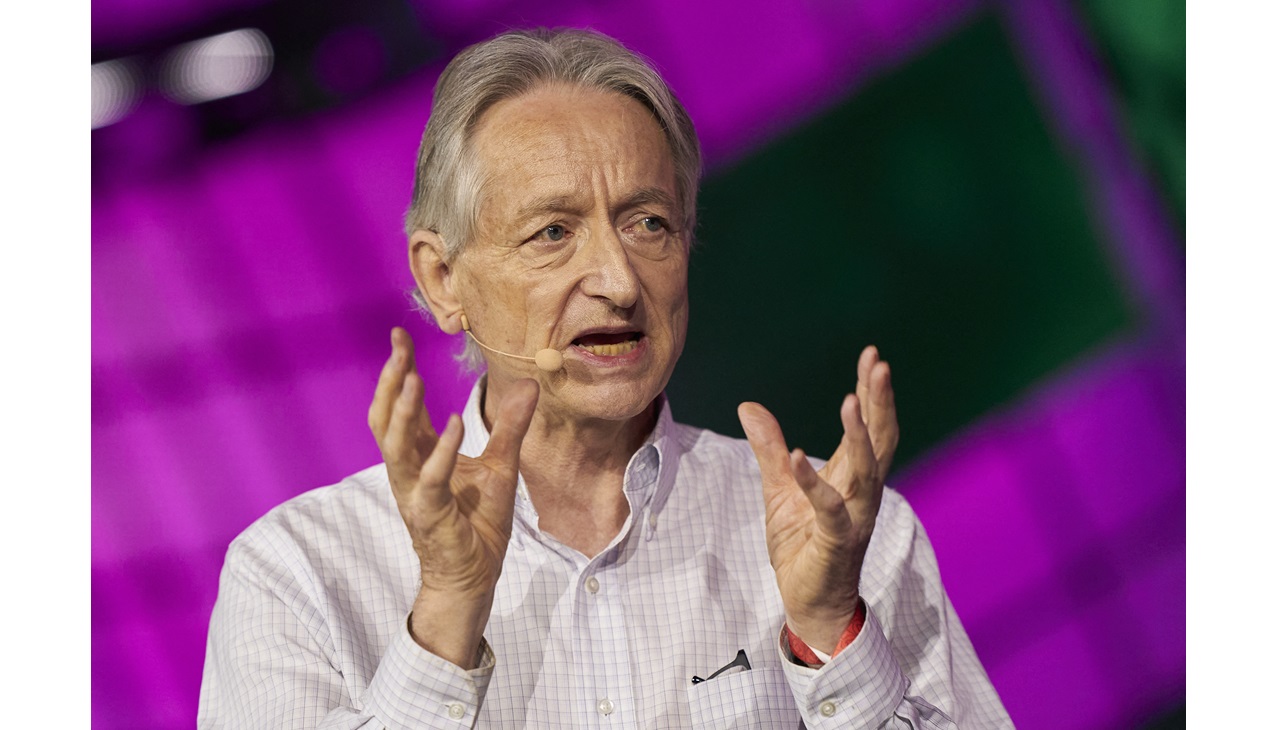
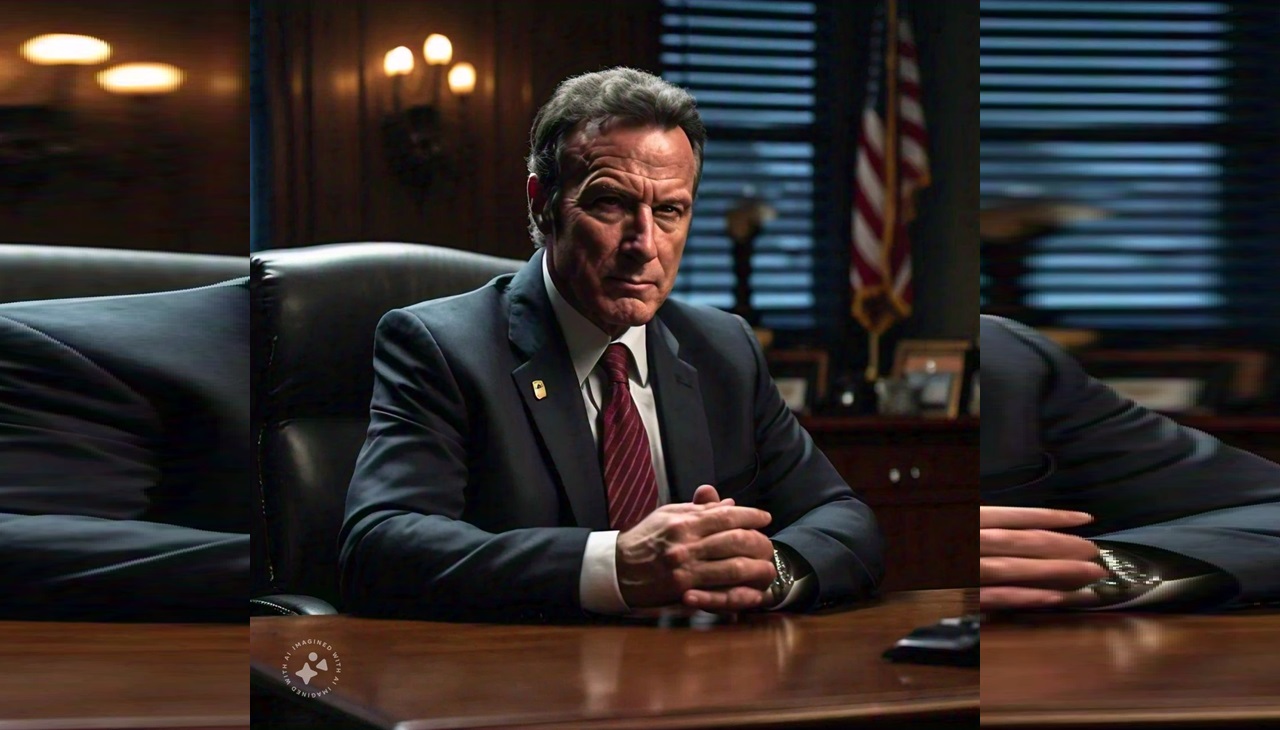
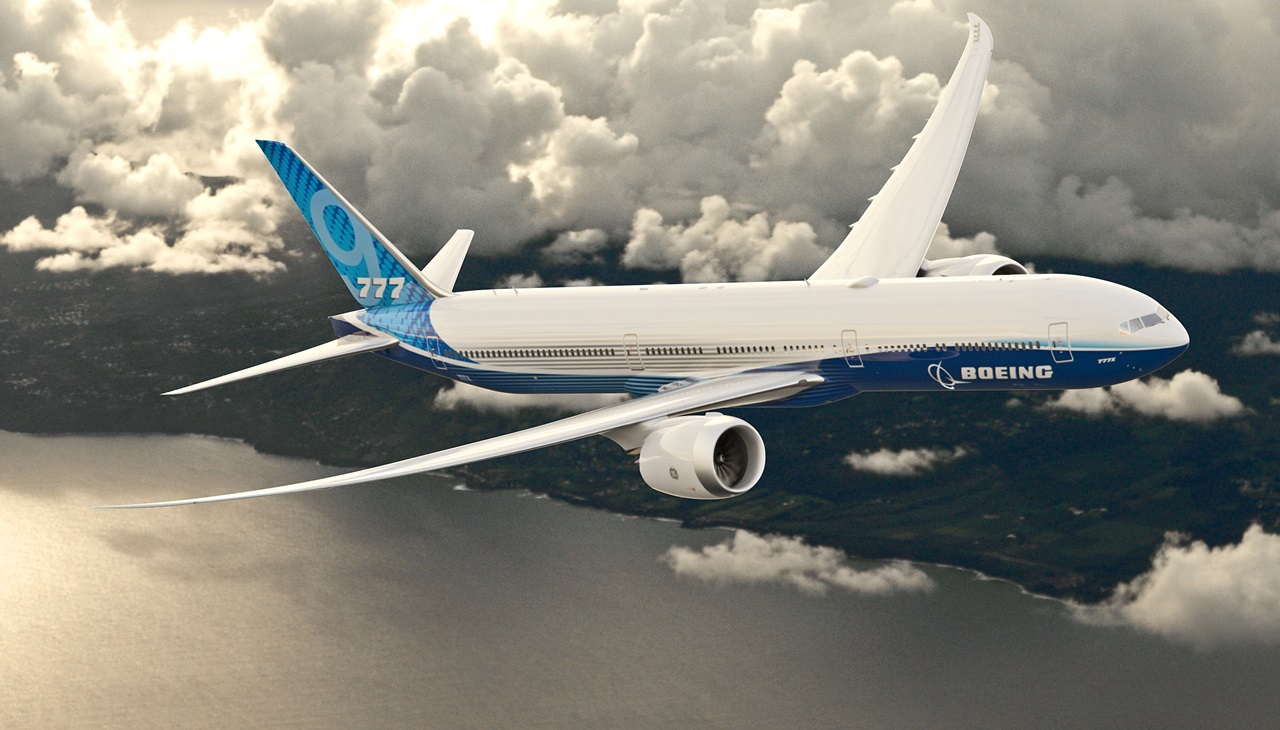
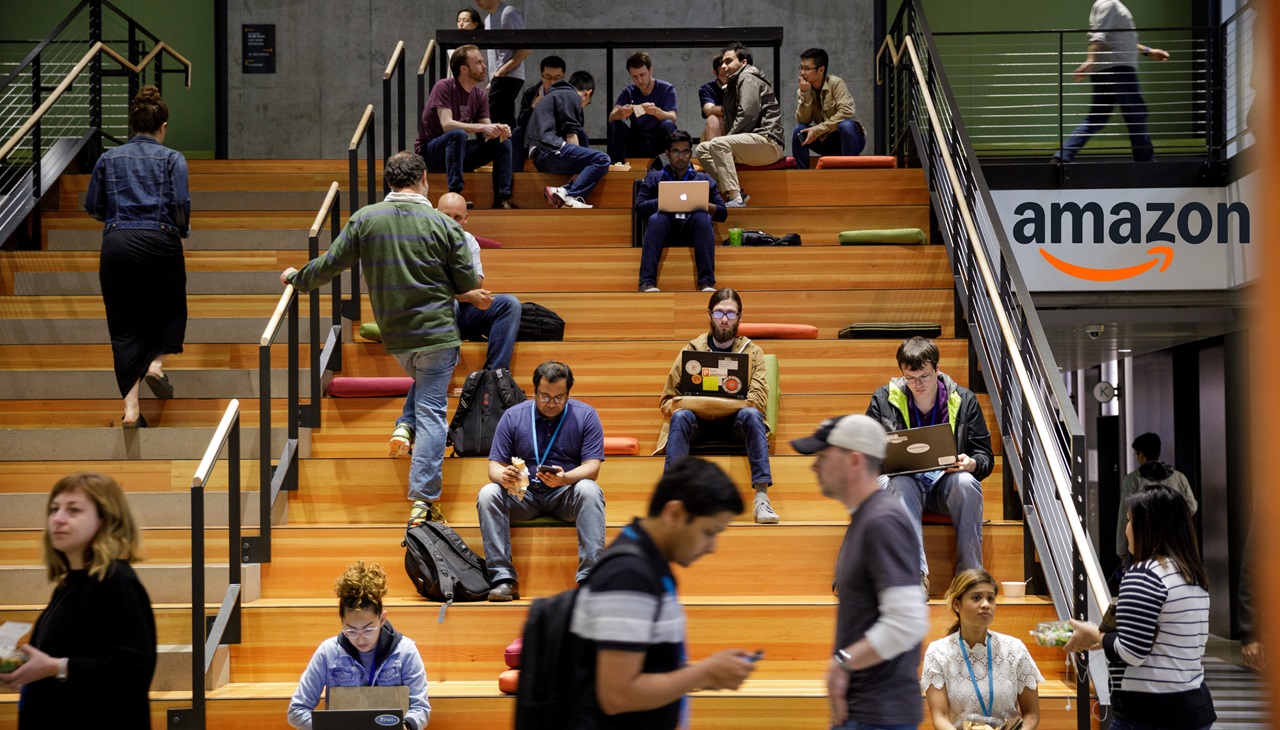
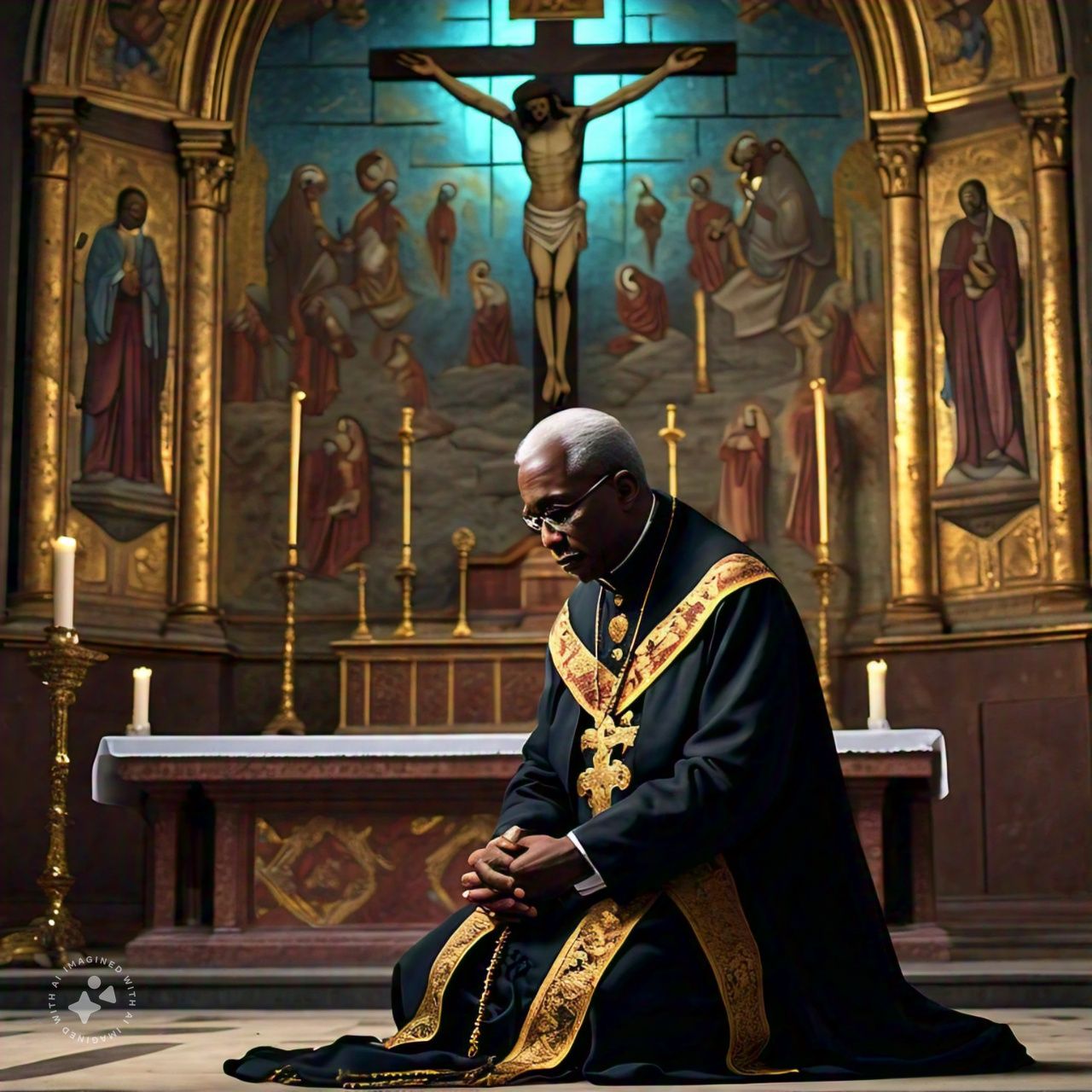

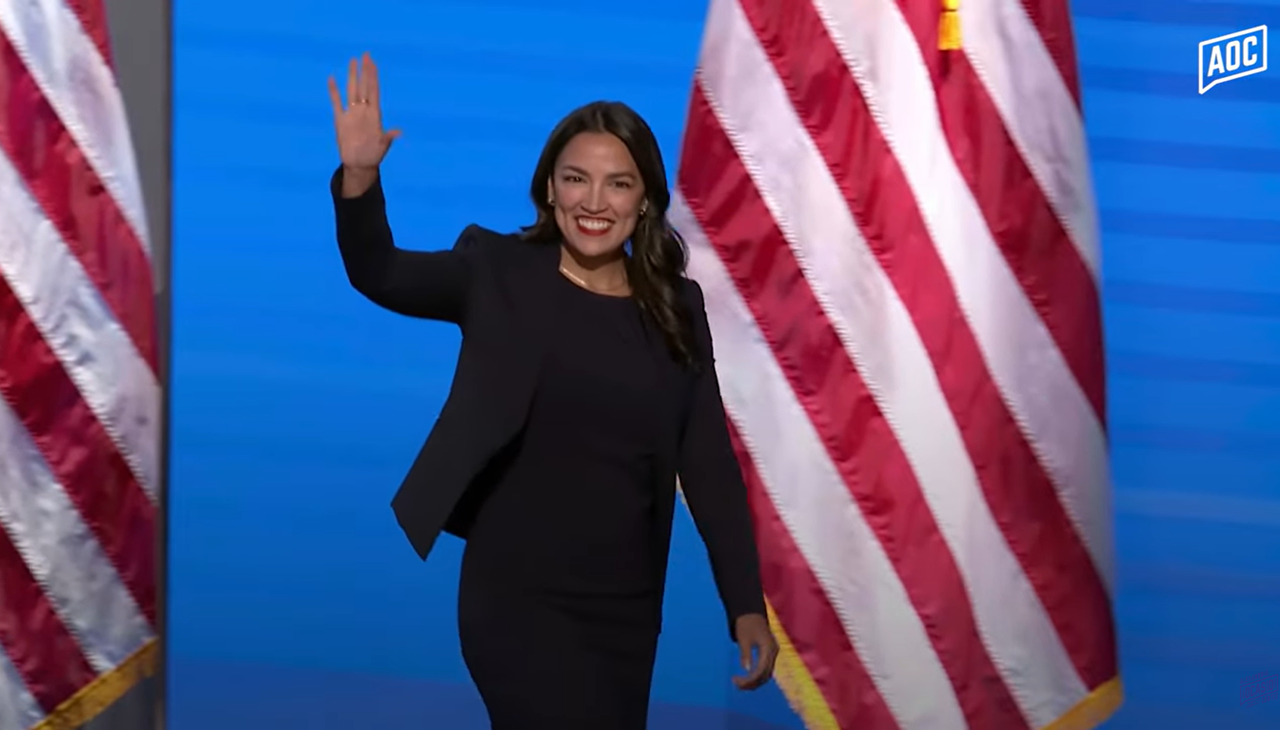
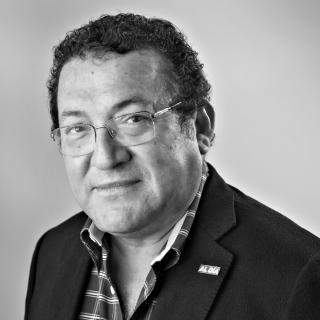
LEAVE A COMMENT:
Join the discussion! Leave a comment.